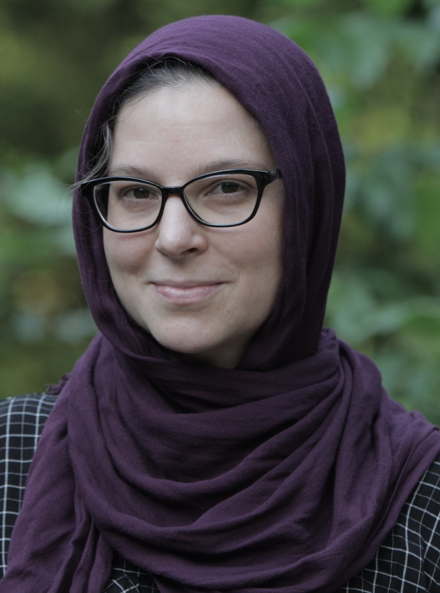Sarah Franzen is an anthropologist and filmmaker whose research uncovers how rural African American communities negotiate with, resist, and transform, the political-economic structures that dominate the Black Belt in the southeastern USA. Her PhD, completed at Emory University, focused on the community-based development efforts of a regional network of African American farm cooperatives, and explored how grass-roots institutions support sustainable livelihoods and maintain a unique Black agrarian culture. Central to this research was a collaborative film project, which served as a tool to understand development as an assemblage of interpersonal practices and to create participatory and public scholarship. At Penn, Franzen will work on her manuscript and publish articles focusing on the legal, personal, and communal role of land for African American farmers and rural communities. She will also finish her interactive documentary, Claiming Place, which juxtaposes visualized land data with filmed land tours to demonstrate farmers’ place-making practices.
Sarah Franzen
Andrew W. Mellon Postdoctoral Fellow in the Humanities
2019—2020 Forum on Kinship
Sarah Franzen
African American Studies, Visual Anthropology, and Development Studies
Emory University, 2016
Claiming Place: Race, Property, and the Creation of Family Land
US inheritance laws mandate that without a clear will, land is inherited in equal shares by all legal heirs creating what has been termed ‘heir property’. This bio-material formation of kinship, imposed through property laws, has directly affected family farmers in the US, and especially African American farmers. Many contemporary Black farmers, especially those in the US South, farm on heir property that has been owned for four to five generations, creating a large number of often disparate and geographically dispersed shareholders in a property that is usually managed by one or two individuals. Land sharks have taken advantage of this legal category to dispossess Black farmers for generations. Nevertheless, many Black farmers and landowners themselves see this legal category as an opportunity to transform private property into communal property, or into what they term ‘family land.’ This ideological construction, however, does not prevent material dispossession. In this context, Black farmers have combined forces by forming cooperatives. Farmer cooperatives not only work to prevent land loss but also function as an extended family by creating an alternative kinship network that is not bio-materially formed, but communal. My project first looks at how the bio-material formation of kinship is interpreted and acted upon very differently by land sharks and African American farmers. It then investigates how communal networks simultaneously supplant and nurture bio-kinship. My research combines ethnography, filmmaking, and analysis of property laws. This project will result in a map-based interactive documentary, a book manuscript, and an article.



